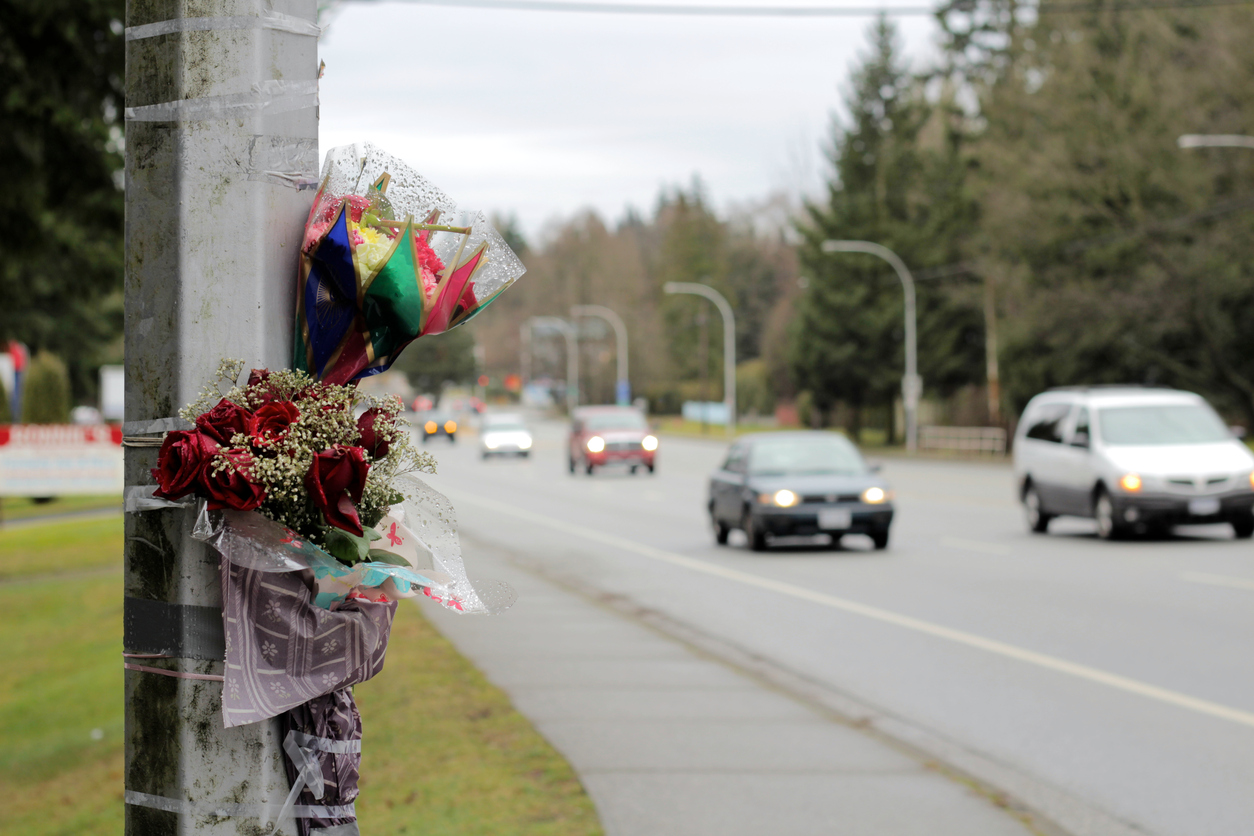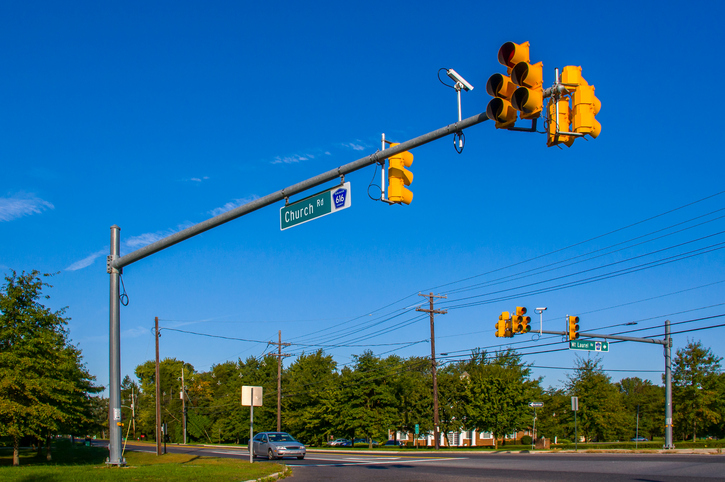KY Memorial Day Accidents
 In Kentucky, holidays usually mean 3-day weekends and a possible road trip. We have one coming up on Monday. Unfortunately, with all of the drivers on our roads, we also have a high likelihood of Memorial Day accidents.
In Kentucky, holidays usually mean 3-day weekends and a possible road trip. We have one coming up on Monday. Unfortunately, with all of the drivers on our roads, we also have a high likelihood of Memorial Day accidents.
There are reasons why holidays can spike the number of automobile collisions and even traffic fatalities. It may be that in an effort to get to our destinations, we tend to drive at a higher rate of speed, or more recklessly. Another possibility is that the family car might be full of parents, rowdy children and even a pet. This can increase the potential for distracted drivers.
Finally, as with any holiday road trip, there’s always the risk of someone taking to the roads after having a few drinks with friends and family. By now we should all be aware of the problems occurring any time we mix alcohol and driving.
I took a few minutes to research how Kentucky drivers have done over the past few years. Compared to other major holidays, the occurrences of Memorial Day accidents aren’t nearly as high as on other holidays. Still, we should be mindful of the increased risk from other drivers.
Data for Memorial Day Accidents *
- 2015 KY Injury Collisions – 183 Persons Injured – 302 Persons Killed – 9
- 2014 KY Injury Collisions – 186 Persons Injured – 262 Persons Killed – 7
- 2013 KY Injury Collisions – 143 Persons Injured – 232 Persons Killed – 7
- 2012 KY Injury Collisions – 190 Persons Injured – 320 Persons Killed – 17
- 2011 KY Injury Collisions – 182 Persons Injured – 331 Persons Killed – 7
* Data includes the holiday weekend from 6:00pm on Friday until 11:59pm on Monday.
You’ve worked hard through the first five months of the year. It’s about time for a nice get-away. While the Desmond Law Offices is a personal injury law firm, I hope this will be an enjoyable time spent with family and friends. Take precautions to make sure you arrive home safely. Enjoy your Memorial Day weekend! I think we deserve this one.


 Did you know Louisville has about 150,000 dangerous cars on the road? In a recent news story, Wave 3 reporter Eric Flack did a
Did you know Louisville has about 150,000 dangerous cars on the road? In a recent news story, Wave 3 reporter Eric Flack did a  What does it mean to stack insurance coverage in a Louisville area
What does it mean to stack insurance coverage in a Louisville area 
 To explain ERISA (The Employee Retirement Income Security Act of 1974) and how it affects your medical bills and financial recovery in a simple fashion can be challenging, but its important to understand. ERISA is the law that governs the rights of health insurance carriers. If your medical bills from
To explain ERISA (The Employee Retirement Income Security Act of 1974) and how it affects your medical bills and financial recovery in a simple fashion can be challenging, but its important to understand. ERISA is the law that governs the rights of health insurance carriers. If your medical bills from  Car accidents in Kentucky and Indiana are rarely “straight forward.” Each case is unique and the circumstances, witnesses, and even applicable laws are different based upon where and how the crash happened. Insurance companies will always try to minimize the amount the pay, and that is usually at the expense of someone who is hurt. This is why you need an experienced injury attorney when you are injured in an accident. I want these blogs to help answer the question of “What should I know and how do I protect myself in these circumstances?”
Car accidents in Kentucky and Indiana are rarely “straight forward.” Each case is unique and the circumstances, witnesses, and even applicable laws are different based upon where and how the crash happened. Insurance companies will always try to minimize the amount the pay, and that is usually at the expense of someone who is hurt. This is why you need an experienced injury attorney when you are injured in an accident. I want these blogs to help answer the question of “What should I know and how do I protect myself in these circumstances?”



